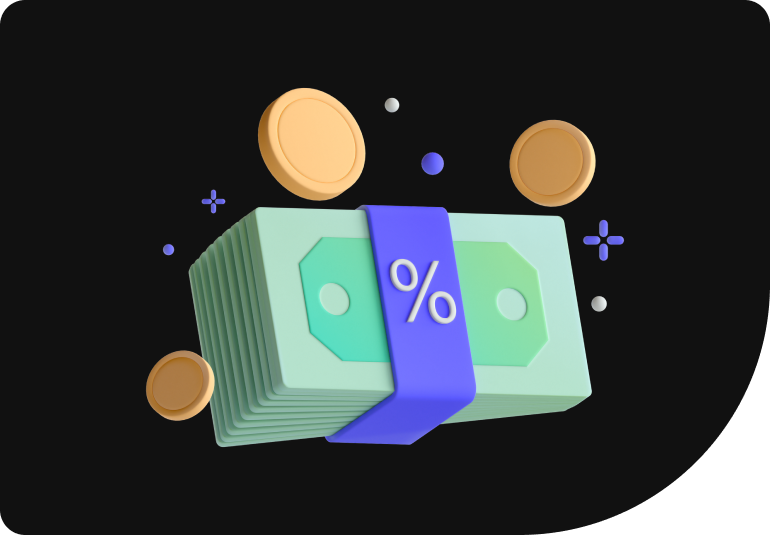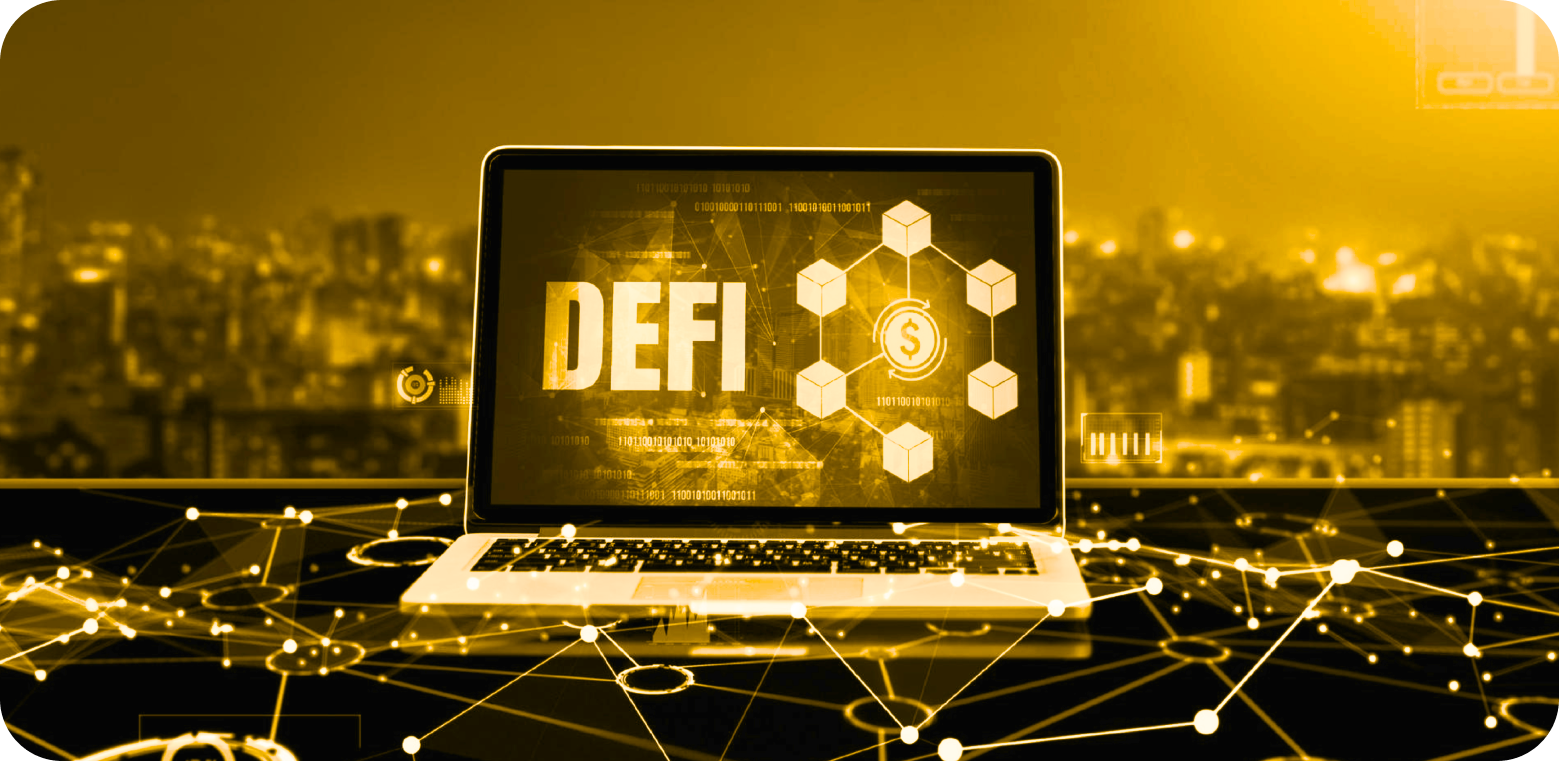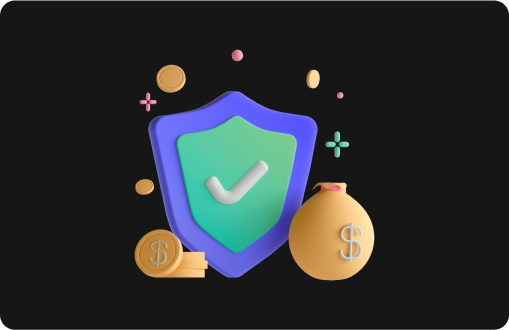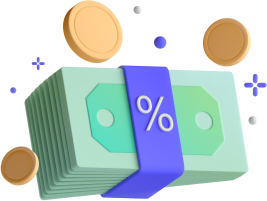Chapter 09 : Understanding Decentralised Finance(DeFi):
Understanding
Decentralized
Finance (DeFi)

Introduction: Decentralized Finance, commonly known as DeFi, is a rapidly growing sector within the cryptocurrency and blockchain space. In this Chapter, we’ll explore what DeFi is, its key features, benefits, risks, and potential applications.

What is DeFi?
Introduction: DeFi refers to a financial system built on blockchain technology that aims to recreate traditional financial services in a decentralized manner. Unlike traditional finance, which relies on intermediaries like banks and financial institutions, DeFi operates on decentralized networks, allowing users to access financial services directly without the need for intermediaries.
Key Features Defi?
-
Decentralization: DeFi platforms are decentralized, meaning they operate on blockchain networks without a central authority controlling them. This decentralization ensures transparency, security, and censorship resistance.1
-
Open Access: DeFi platforms are open to anyone with an internet connection, enabling global access to financial services without discrimination or barriers.2
-
Interoperability DeFi protocols are often interoperable, meaning they can seamlessly interact and integrate with each other, enabling the creation of complex financial applications and services.3
-
Programmability: DeFi platforms leverage smart contracts, which are self-executing contracts with predefined rules written in code. Smart contracts automate financial transactions and enable the creation of innovative financial products and services.4
Benefits of DeFi:
-
Financial Inclusion: DeFi provides access to financial services for underserved and unbanked populations worldwide, empowering individuals to control their finances independently.1
-
Transparency: DeFi platforms are transparent and auditable, with transaction data recorded on public blockchains. This transparency enhances trust and accountability within the financial system.2
-
Lower Costs: DeFi eliminates the need for intermediaries, reducing transaction costs associated with traditional financial services such as banking, lending, and trading.3
-
Innovation: DeFi fosters innovation by enabling developers to create new financial products and services that were previously impossible or difficult to implement within the traditional financial system.4
Risks of DeFi:
-
Smart Contract Risks: Smart contracts are susceptible to bugs, vulnerabilities, and exploits, which can result in financial losses for users.1
-
Regulatory Uncertainty:DeFi operates in a rapidly evolving regulatory landscape, with uncertain legal frameworks and potential regulatory scrutiny.2
-
Market Volatility: DeFi markets are often highly volatile, with prices of cryptocurrencies and DeFi assets subject to rapid fluctuations3
-
Security Risks: DeFi platforms and protocols are vulnerable to hacks, exploits, and security breaches, resulting in the loss of user funds.4
Applications of DeFi:
-
Decentralized Exchanges (DEXs): DEXs enable users to trade cryptocurrencies directly without relying on centralized exchanges, offering greater privacy, security, and control over funds.1
-
Decentralized Lending and Borrowing:DeFi platforms allow users to lend or borrow cryptocurrencies without intermediaries, using smart contracts to automate lending and borrowing activities.2
-
Yield Farming and Liquidity Mining: DeFi markets are often highly volatile, with prices of cryptocurrencies and DeFi assets subject to rapid fluctuations3
-
Synthetic Assets:DeFi platforms enable the creation and trading of synthetic assets, which represent real-world assets like stocks, commodities, or fiat currencies on the blockchain.4
Conclusion: Decentralized Finance (DeFi) is revolutionizing the financial industry by democratizing access to financial services, fostering innovation, and reshaping the way we think about finance. While DeFi offers numerous benefits, it’s essential for users to understand the risks involved and exercise caution when participating in DeFi activities. As the DeFi ecosystem continues to evolve, it holds the potential to create a more inclusive, transparent, and efficient financial system for people worldwide.

Chapter 08 :
What is Self Custody?
Self-custody is a fundamental concept in the world of cryptocurrency. It refers to the practice of individuals taking .

Chapter 10 :
How do I start using DeFi?
Decentralized Finance, or DeFi, has emerged as a groundbreaking concept in the world of finance.


